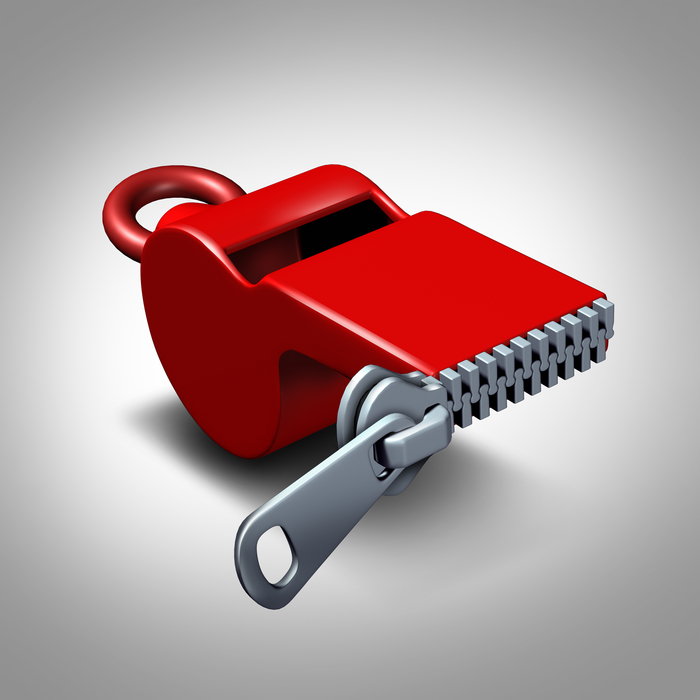
The establishment of the House for Whistleblowers is one of the elements of the law. The objective is that the House will operate as an independent administrative institute which aims to provide advice to whistleblowers and protect their claim, and investigate potential business misconduct.
This should make it easier to bring abuses out into the public, but not everyone is convinced that it is going to work as intended. Lawyer Anja Hoffmans, who previously assisted a whistleblower, believes there should be additional thresholds raised to bring abuses to light.
House for Whistleblowers
Whistleblower must now go to the House and see what happens with their message. Whether the House will be a powerful enough institution to deal with corrupt businessmen, lying politicians, and other abuses is still questionable. “Not all the shortcomings can be resolved behind closed doors. Sometimes a public debate is needed,” says Hoffmans.
Purifying effect whistleblowing
Media lawyer Jens van den Brink believes that the drafters of the law have disregarded the role of the media. “In practice, you often see that only when the media focuses on a whistleblowing scandal, that anything actually changes in an organisation. This purifying effect of whistleblowing will sometimes be hampered by this bill in public. When you create such a procedure, the whistleblower will only get demotivated.”
“We are not happy with this law,” said Anne Scheltema Beduin of Transparency International, an organisation that works worldwide for better legal protection for whistleblowers. The House receives an annual budget of 400 thousand euros, so “what can you actually do with such a budget?”
